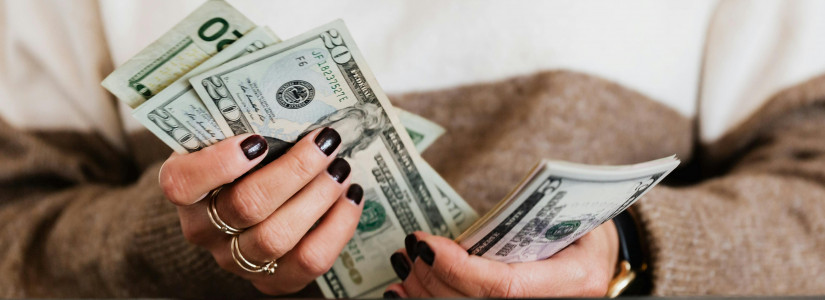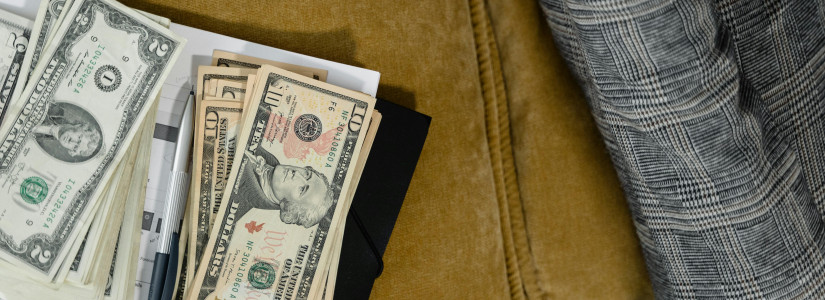Uncovering Unclaimed Money: Discover These Resources Now
There is a plethora of unclaimed dollars, awards, and prizes out there. They wait in inactive investment accounts, uncashed cheques, and forgotten bank accounts. Untold fortunes have been forgotten by their owners as their owners strolled the world's financial markets.
Thankfully, getting your hands on this cash is considerably simpler because of improvements in record-keeping. Finding unclaimed funds just waiting to be claimed is the topic of this article.
What is Unclaimed Money?
Unclaimed money is money that is waiting to be claimed and put to use. This money belongs to people who either lost track of it through negligence or simply forgot it existed. It can be found in forgotten bank accounts, investments, insurance policies, stocks, government agencies, etc.
How Do I Find Unclaimed Money?
Unclaimed funds may be looked for in several different ways. The Internal Revenue Service and the Federal Deposit Insurance Corporation are government institutions that often keep unclaimed funds. Financial institutions may also hold unclaimed funds, including banks, brokerages and credit unions.
In addition, several websites facilitate the process of finding unclaimed funds. The NAUPA may be found on their official website (which happens to be located at Unclaimed.org). More than $58 billion in unclaimed funds from federal and state governments are documented in this searchable database.
How to Claim Unclaimed Money
The process of claiming an unclaimed sum of money or other asset is simple once you've found it. Proof of identification and ownership of the asset is often required as the first two steps in the procedure. If you've misplaced any cash, you'll need to fill out an application and send it in with proof of who you are and where you bank or get Social Security benefits.
The financial institution or securities issuer from whom you claim funds will provide you with a claim form. Your identity, birth date, and other personal details will be verified if you offer them. Once your claim has been processed and authorized, you will receive a check for the whole amount.
Protect Yourself from Unclaimed Money Scams
Unclaimed money is an attractive prospect for many people; however, it is important to recognize the potential risks associated with scams before making any claims. While government agencies and banks are legitimate sources for unclaimed money, there are scam artists who specialize in preying on unsuspecting people searching for unclaimed money. Here are a few tips to help protect yourself from such scams:
- Government agencies and banks will never ask for money to claim unclaimed funds. They will only accept original documents or proof of identity and proof of ownership to process the claim.
- Before you pay any "finder's fee" or other fees to someone who claims they can help you find unclaimed money, contact the BBB to get an opinion on the service.
- Be sure to research any unclaimed money service provider or website before you use it. Scam artists often set up bogus websites and requests for payment.
- Never give a stranger your Social Security number, bank account number, or credit card information.
Any time money is involved, it's smart to learn as much as possible about the parties involved. Do some investigating to ensure the firm or person is who they claim to be. Any client feedback that has been posted online should also be considered.
You should contact the business or person in issue to verify any accusations made. Never assume that a company's verbal assurances of legitimacy or transaction completion are solid. To protect oneself against fraud, it's a good idea to have everything in writing.
For further information on how to make a claim, you should contact the organization holding the funds, whether it's a government department or a private corporation. Ask questions and get help from an expert if you need clarification on any part of the procedure.
Conclusion
Unclaimed money is out there waiting to be claimed. With the right information and a bit of effort, you can locate and claim it. Be sure to protect yourself from scammers by researching any services you use, and never give out your personal information to strangers.












